How to Choose the Best Commercial Deep Fryer for Your Kitchen
December 3, 2021
Choose the Best Commercial Deep Fryer for Your Kitchen
The speed and ease of a deep fryer has a place in almost every kitchen, from fast food to fine dining. In some restaurants, a deep fryer is the heart of their operation. Whether your commercial kitchen uses a deep fryer regularly or occasionally, it’s essential that the equipment consistently produces golden, crispy food. When you're planning to purchase a deep fryer, there are three key attributes to be aware of. While you can't take a deep fryer for a test drive, asking about these functions
and looking for keywords in reviews will help you select a deep fryer that will perform well for years to come.
Choosing the Right Deep Fryer Type
The volume of fried food you prepare will determine the style of commercial deep fryer you should choose. Countertop deep fryers are appropriate for restaurants with fewer fried foods on the menu, while floor fryers provide dedicated space for high-volume frying loads. Deep fryers also have a commercial designation to indicate the level of capacity. Light-duty and medium-duty can handle small-to-medium frying loads, while a heavy-duty fryer is best for commercial kitchens that fry nearly all of their products. If you operate a high-volume restaurant, you may also want to consider a split-pot deep fryer, which allows you to fry two products simultaneously, saving you time and oil cost.
Choosing the Right Deep Fryer Power Source
Once you've decided on the size and style of your deep fryer, it's time to choose how you'll power it. Similar to ovens and ranges, deep fryers can be powered using electricity or natural gas, and there are pros and cons to each. For high-temperature frying that should come up to temperature quickly, gas-powered deep fryers are the fryer of choice. However, there are some drawbacks to natural gas-powered fryers. While gas is more economical, it has a greater environmental impact. Gas-powered fryers also require a pre-existing or newly installed natural gas line. Electric fryers tend to have quicker recovery times between batches. Even though the oil in electric deep fryers doesn't get as hot as a gas-powered fryer, it still holds temperature well and has greater energy efficiency in heating. Since it’s not tied to a physical gas line, it's more portable and easier to install.
Choosing the Right Deep Fryer Size
Consider the size of the fryer that will best fit your kitchen’s needs. A fryer that is too small won't be able to keep its temperature up when a large batch of food is added to the oil. A fryer that is too big will waste oil each time you need to refill it. If you're not sure, err on the larger side. Having to wait for each batch to finish before you start the next one can cause wasted time. This can increase customer wait times and decrease customer satisfaction.
Ensuring Consistency from Your Deep Fryer and Your Repair Service
Consistency is one of the most essential attributes of an industrial deep fryer. Your customers want to receive the same product they ordered week after week and month after month. When that item is deep fried, much of that consistency comes from the deep frying equipment a restaurant uses. Consistency is achieved through temperature regulation and oil purity.
Choose a deep fryer that comes up to temperature quickly and holds the temperature well. When you want the same level of consistency from your commercial kitchen repair service, ATECH won’t let you down. We’re committed to repairing and maintaining your equipment quickly, efficiently, and effectively. To help you keep a regular schedule for servicing your commercial kitchen equipment—including tough-to-clean deep fryers—reach out to us to schedule a planned maintenance visit.
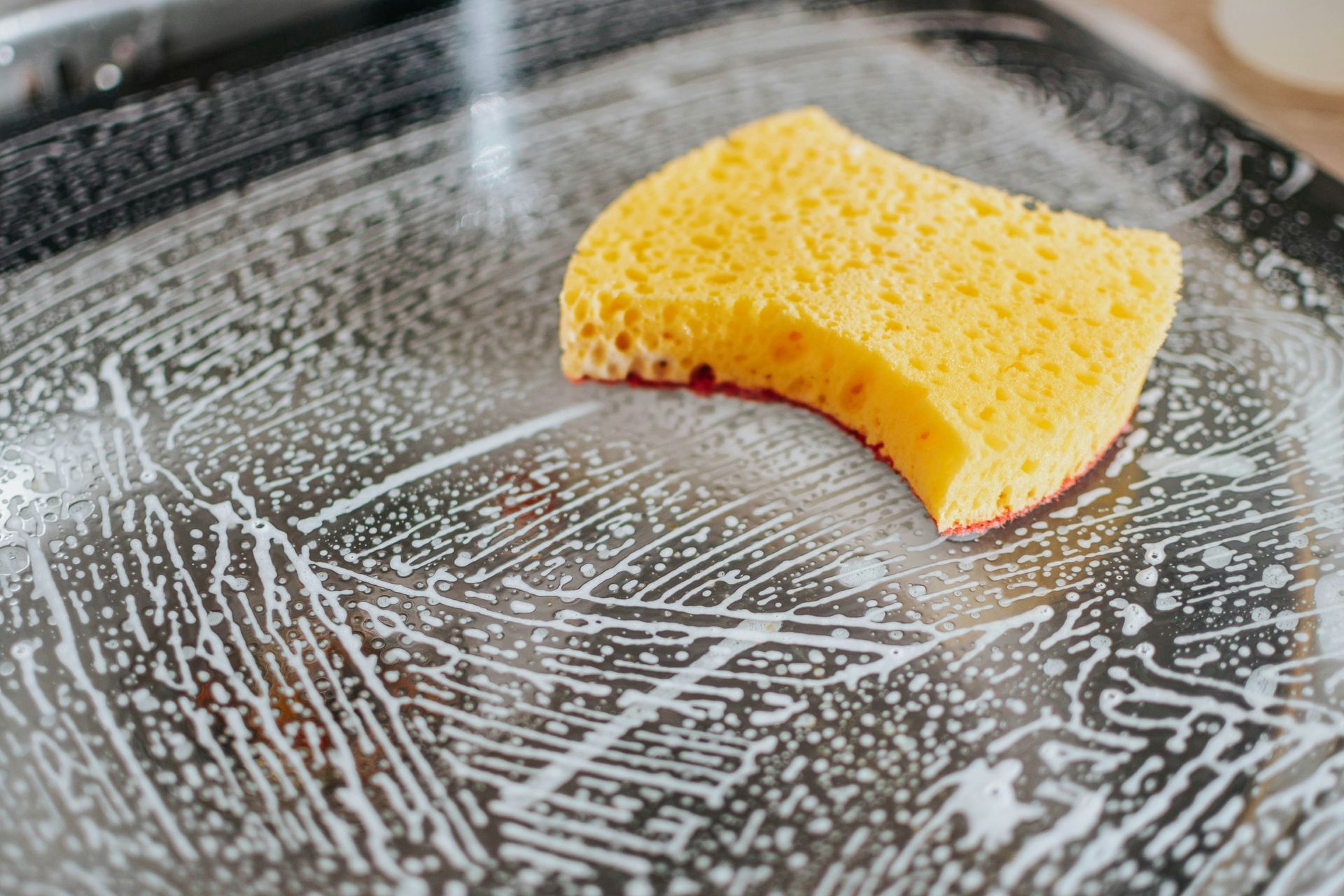
As the season changes and springtime blooms, it's the perfect opportunity to refresh and rejuvenate your restaurant space. Spring cleaning isn't just about tidying up; it's about ensuring a safe, welcoming environment for your patrons and staff. In this blog post, we'll explore some essential tips and best practices for restaurant cleanliness in the springtime. Embrace Deep Cleaning : Spring cleaning is the ideal time to tackle those deep cleaning tasks that may have been neglected during the busier seasons. From scrubbing floors and walls to deep cleaning kitchen equipment, thorough sanitation ensures a hygienic environment for food preparation and service. Focus on High-Traffic Areas : Pay special attention to high-traffic areas such as dining areas, restrooms, and entryways. These areas are prone to accumulating dirt, dust, and germs, making regular cleaning essential for maintaining a pristine appearance and preventing the spread of illness. Refresh Outdoor Spaces : If your restaurant has outdoor seating areas, spring is the perfect time to freshen them up. Clean outdoor furniture, sweep away debris, and power wash outdoor surfaces to create an inviting atmosphere for al fresco dining. Check and Replace Equipment Filters : Don't forget to inspect and replace filters in HVAC systems, refrigeration units, and ventilation hoods. Clean filters help maintain air quality and prevent the buildup of contaminants, ensuring a healthy indoor environment for both customers and staff. Engage Staff in Cleaning Initiatives : Encourage staff members to take pride in the cleanliness of the restaurant by involving them in spring cleaning initiatives. Assign specific tasks and provide training on proper cleaning procedures to ensure consistency and effectiveness. Implement Regular Maintenance Schedule : Establish a regular maintenance schedule to keep up with cleaning tasks throughout the year. By incorporating daily, weekly, and monthly cleaning routines, you can maintain a high standard of cleanliness and prevent the accumulation of dirt and grime. Invest in Quality Cleaning Products : Choose cleaning products that are effective yet environmentally friendly. Look for products that are certified as safe for use in foodservice establishments and follow manufacturer recommendations for proper application and usage. Monitor and Adjust Cleaning Protocols : Continuously monitor cleaning protocols and adjust as needed based on feedback, customer traffic, and changing regulations. Regular evaluation ensures that your cleaning practices remain effective and in compliance with industry standards. Spring cleaning is an essential aspect of restaurant maintenance that goes beyond just aesthetics. By implementing thorough cleaning routines, engaging staff members, and investing in quality cleaning products, you can create a safe, hygienic environment that enhances the dining experience for your customers and promotes a healthy work environment for your staff. As you embark on your spring cleaning journey, remember that ATECH is here to support you with a wide range of cleaning and maintenance solutions tailored to meet the unique needs of your restaurant. Happy spring cleaning!

Winter is here, and at ATECH, we understand the unique challenges businesses face in keeping their commercial equipment running smoothly during the colder months. In this comprehensive guide, we'll delve into the strategies, tips, and success stories that can help your business navigate winter effortlessly. From equipment maintenance to emergency services, consider this your go-to resource for mastering winter with ATECH. Winter Equipment Maintenance Tips Checklist for Winter-Ready Equipment: Inspect Seals and Gaskets : Ensure a tight seal to prevent cold air leakage. Check Insulation : Evaluate the insulation of walk-in coolers and freezers. Clean and Sanitize : Thoroughly clean and sanitize all equipment surfaces. Temperature Adjustment : Set optimal winter temperatures for each piece of equipment. ATech Maintenance Tips for Different Equipment: Fryers and Grills : Clean and inspect burners for efficient operation. Ice Machines : Check water lines for insulation and replace filters regularly. Heating Systems : Schedule preventive maintenance to optimize efficiency. Electronic Equipment : Keep spaces well-heated and clean to prevent malfunctions. Businesses often grapple with specific equipment failures that can disrupt operations. ATECH understands the challenges posed by heating system malfunctions, electronic equipment performance, and other issues during the colder months. To tackle these common winter-related failures, businesses should prioritize preventive measures. Regular heating system maintenance checks and air filter replacements can prevent malfunctions. For electronic equipment, maintaining ambient room temperature and conducting routine cleaning are key strategies to ensure optimal performance throughout winter. ATECH's Winter Services: A Lifeline for Your Business Winter demands a proactive approach to equipment maintenance, and ATECH stands as the lifeline for businesses navigating the challenges of the season. Our comprehensive winter services go beyond mere repair and include prompt equipment repairs, planned maintenance, and emergency services. With a commitment to same-day service for urgent winter emergencies, ATECH ensures that businesses can rely on swift resolution during critical times. What sets us apart is our team of factory-trained and CFESA-certified technicians, offering not just reliability but a dedicated partnership to keep your business running smoothly through the coldest months. Trust in ATECH, your lifeline in the winter business landscape. Winter doesn't have to be a season of uncertainty for your business. With ATECH by your side, you have a reliable partner dedicated to providing top-notch equipment repairs and maintenance services. Master winter with confidence, knowing that our comprehensive guide and expert services are here to support your business every step of the way. For personalized winter readiness assessments and expert guidance, contact ATECH today. Let's navigate winter together, and keep your business thriving.

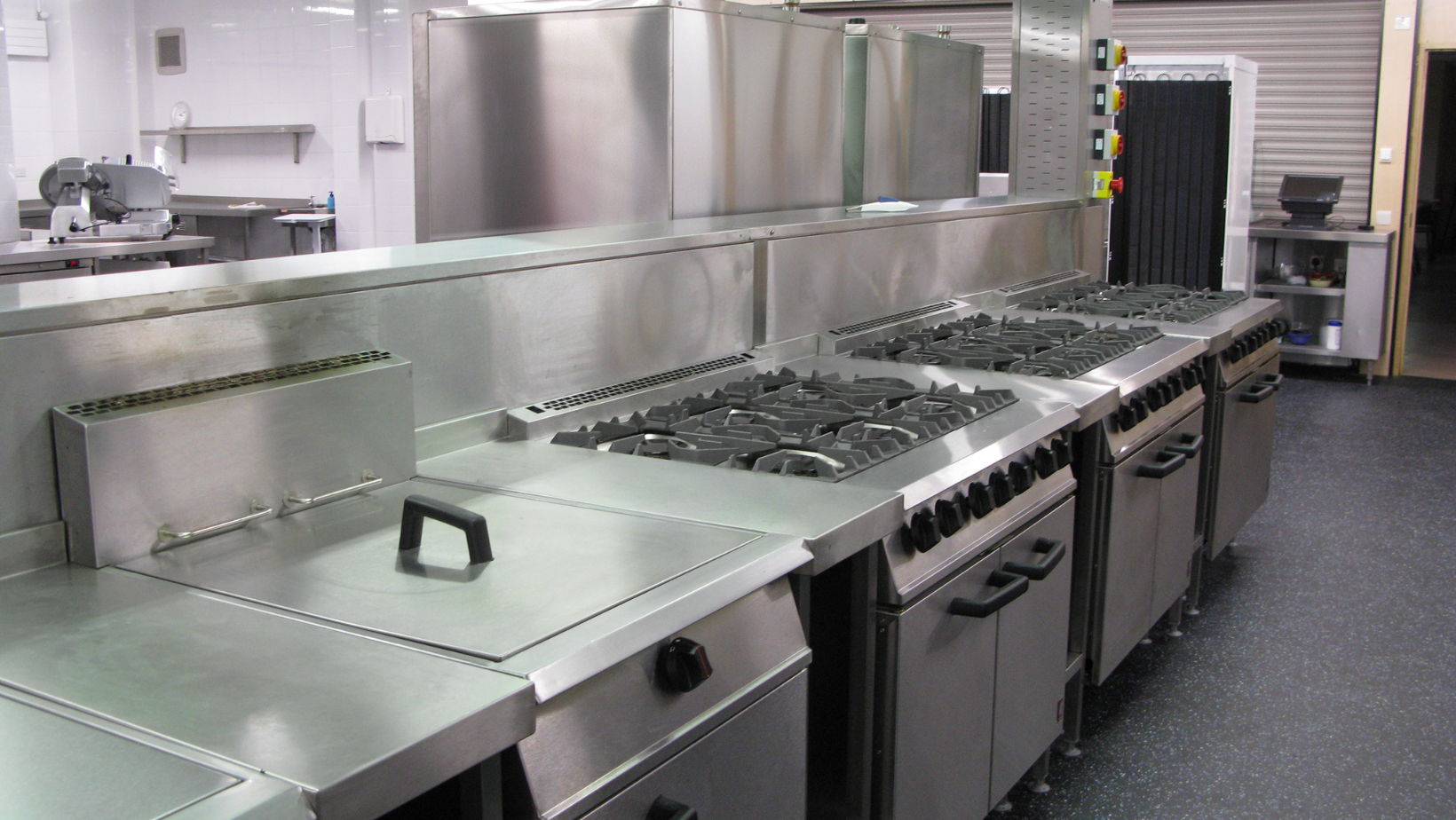
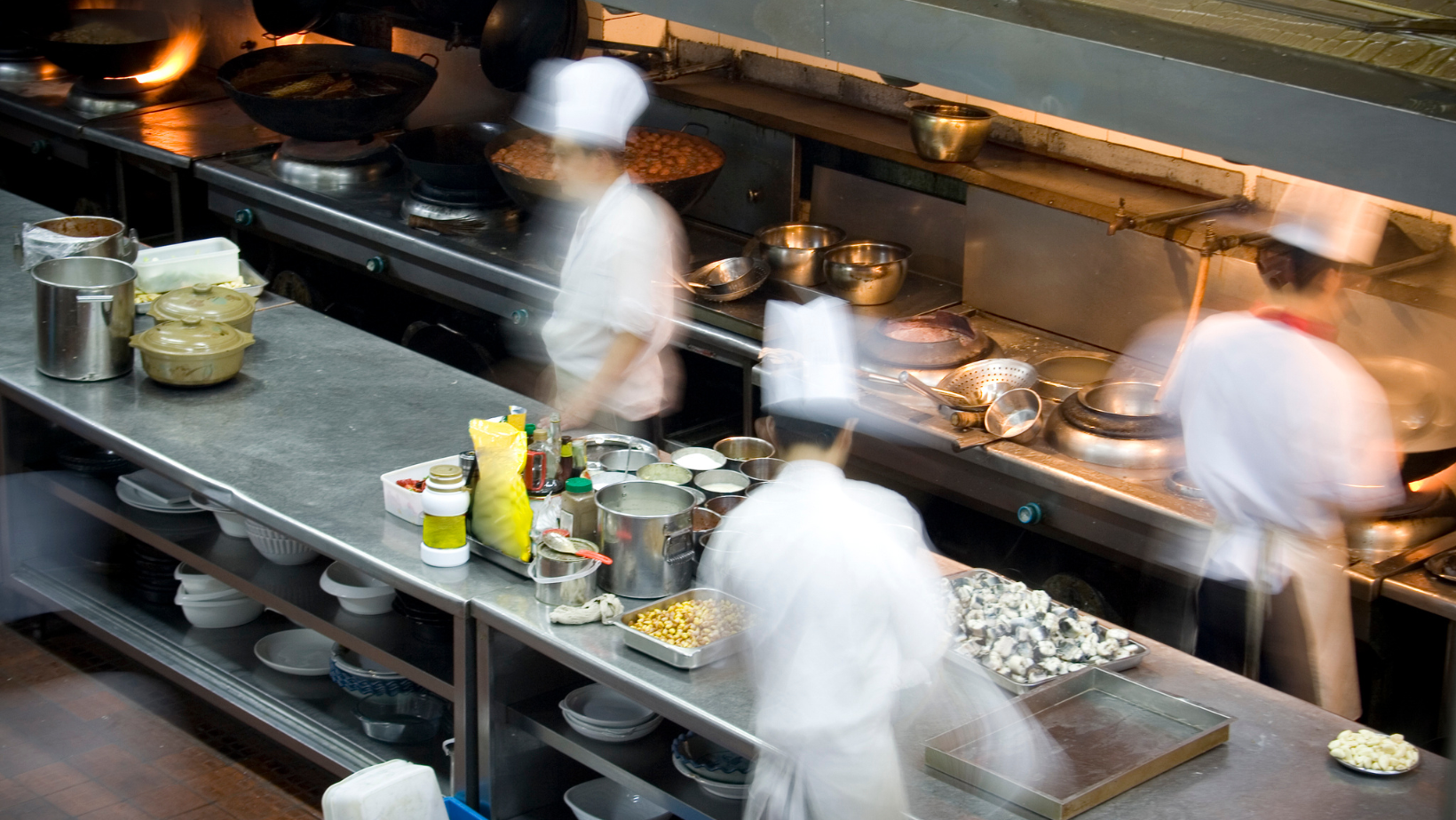

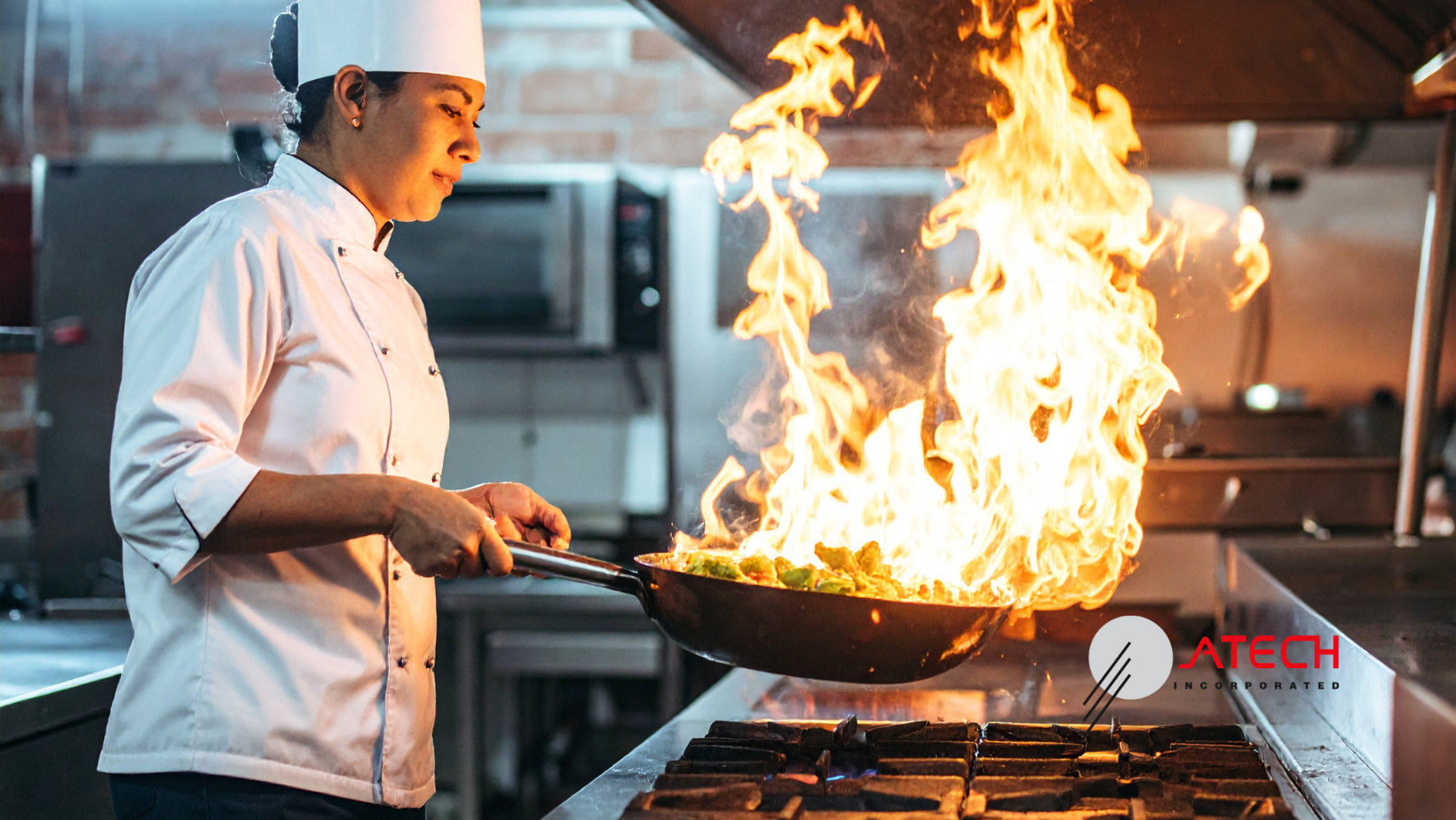


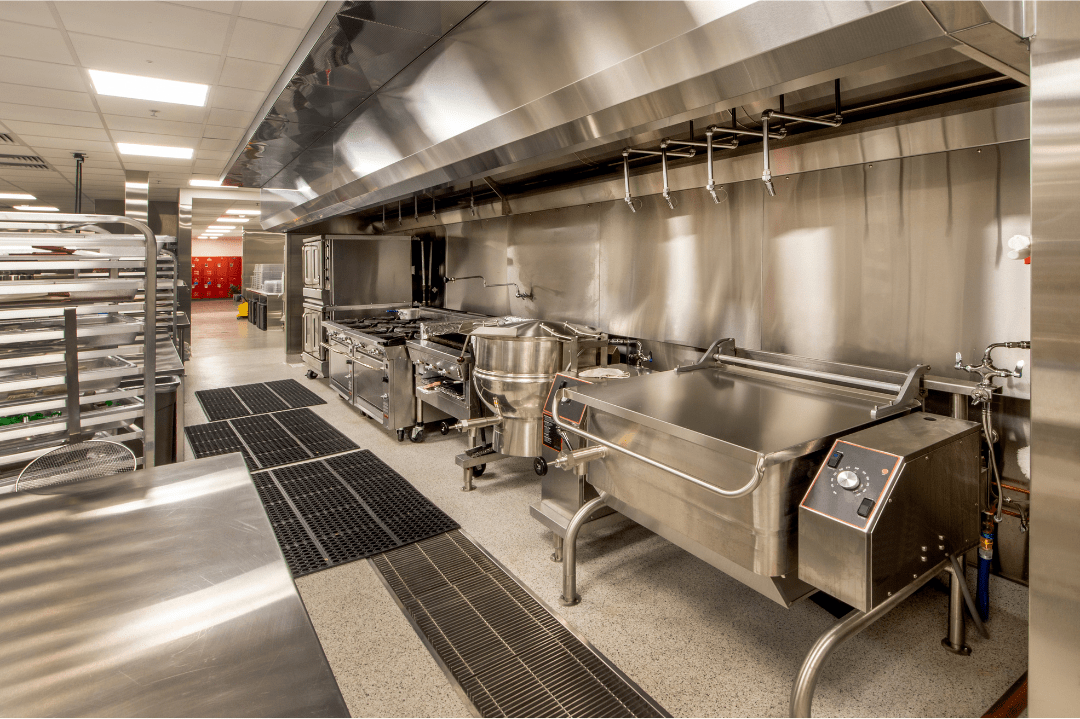
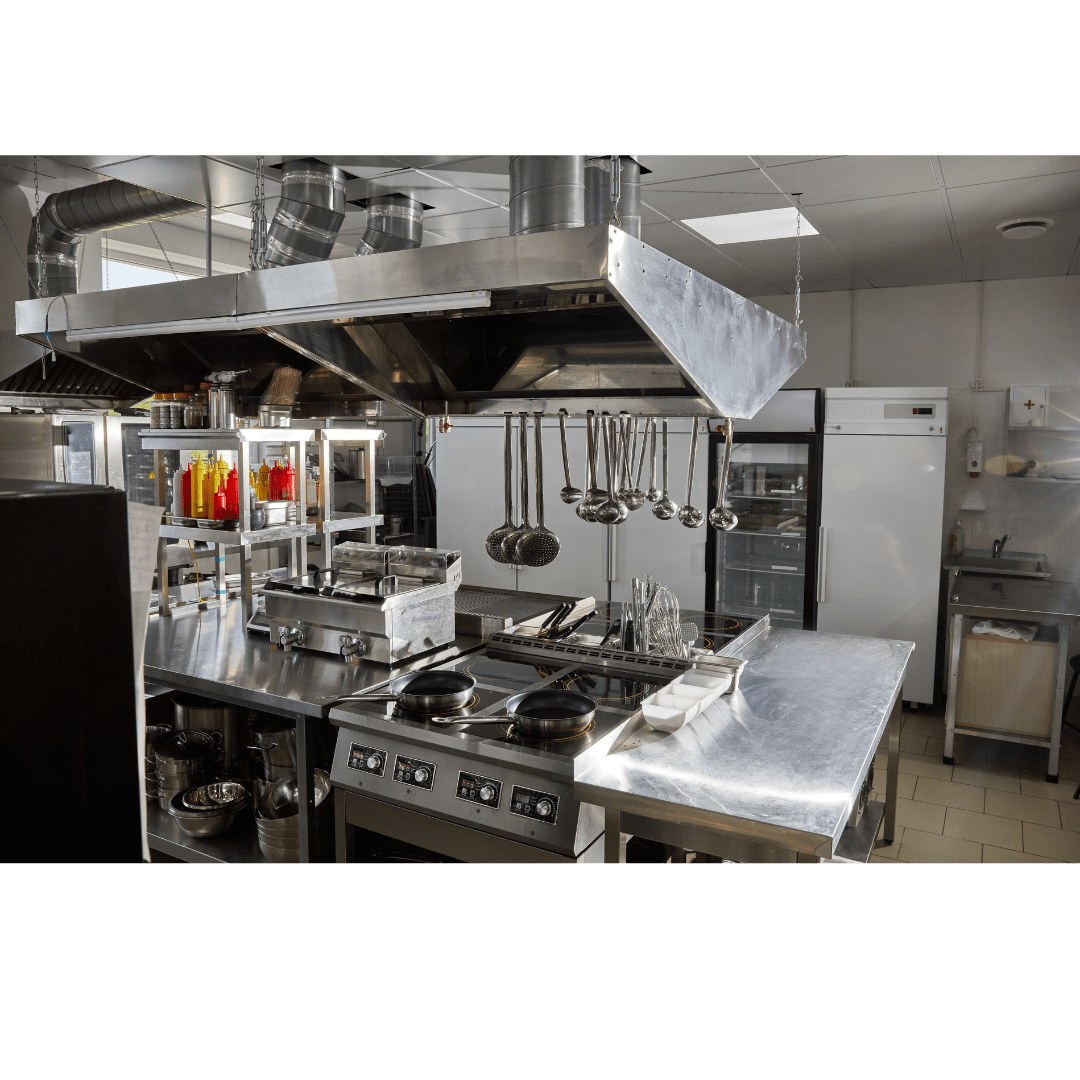
Share On: